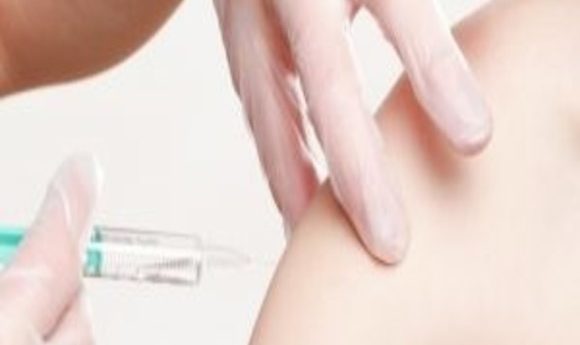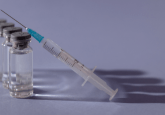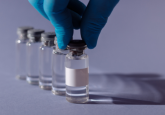Reducing vaccine cost

New efforts look to revolutionize vaccine manufacture, reducing costs for LMICs.
Measles, rubella and other viral infectious diseases remain a significant global health threat despite the availability of vaccinations – measles cases rose by 300% in the first quarter of 2019 compared with the same period in 2018. In low- and middle-income countries (LMICs), the high cost of conventional vaccine manufacture has a large impact.
The high cost is contributed to by issues such as the complexity of the manufacture process, the need for multiple shots, and thermal stability – keeping vaccines cold can be responsible for up to 80% of the cost per vaccination. For LMICs, they can also find themselves paying over the WHO’s vaccine price, and limited financial resources and expertise can reduce delivery and administration standards, further increasing overall cost.
“We are dedicated to delivering a portfolio of viral vaccines such as inactivated polio, measles and rubella and other undersupplied vaccines to further increase the availability of these life-saving products.”
However, new techniques for vaccine manufacture are on the rise, and reducing the cost is a large focus. One such effort has seen the Future Vaccine Manufacturing Hub launched, which aims to utilize strategic, multi-disciplinary research partnerships to revolutionize the field. In another, a team from McMaster University has published a new low-cost method to preserve vaccines in high temperatures.
-
Decline in measles vaccination rates leading to preventable outbreaks
-
Can we be vaccinated against stress?
-
Lynch syndrome vaccine could be on the horizon
In the latest development, the Bill & Melinda Gates Foundation has awarded a $14.3 million grant to Univercells to adapt its NevoLine™ platform to measles and rubella. Initially developed for polio, for which the system reduced the cost to below $0.30 per trivalent dose, the system intensifies the manufacturing process to give a high yield with lower time, money and footprint.
“We are very honored to receive this grant and work once again with the Bill & Melinda Gates Foundation to increase affordability of the measles–rubella vaccine, another critical vaccine especially in view of the recent outbreaks worldwide,” commented Hugues Bultot, CEO and co-founder of Univercells. “We are dedicated to delivering a portfolio of viral vaccines such as inactivated polio, measles and rubella and other undersupplied vaccines to further increase the availability of these life-saving products.”





